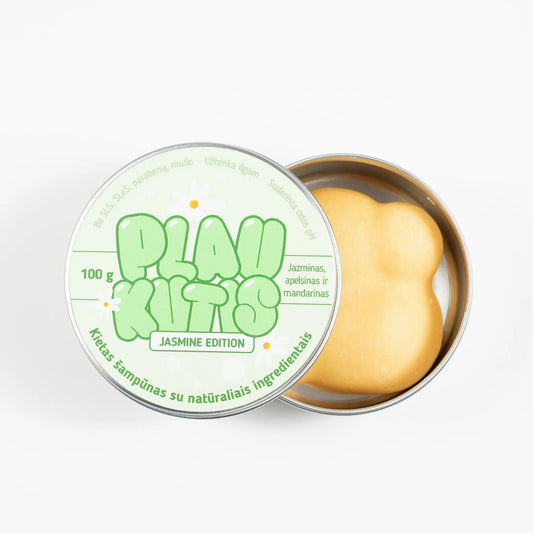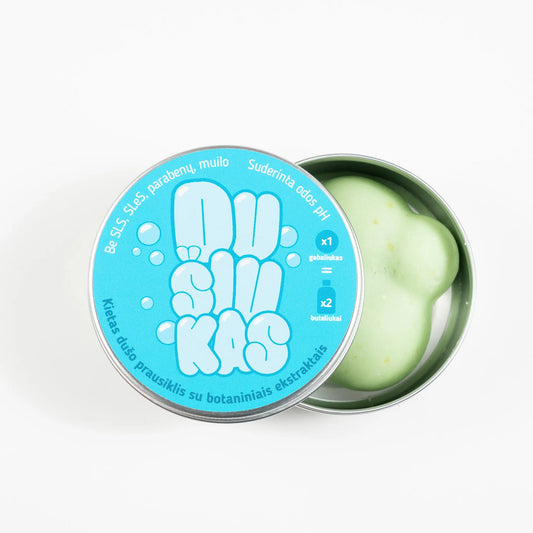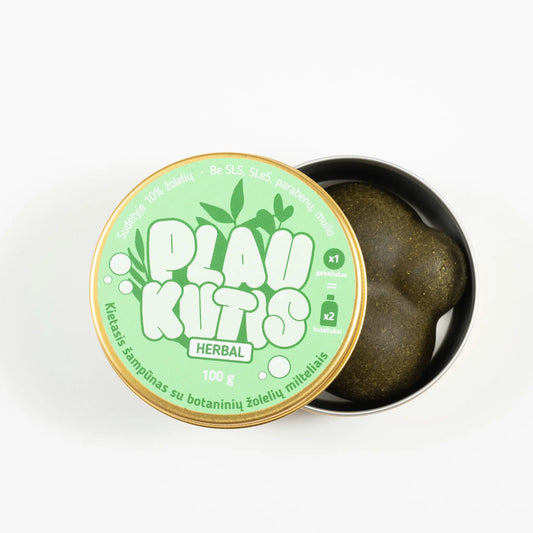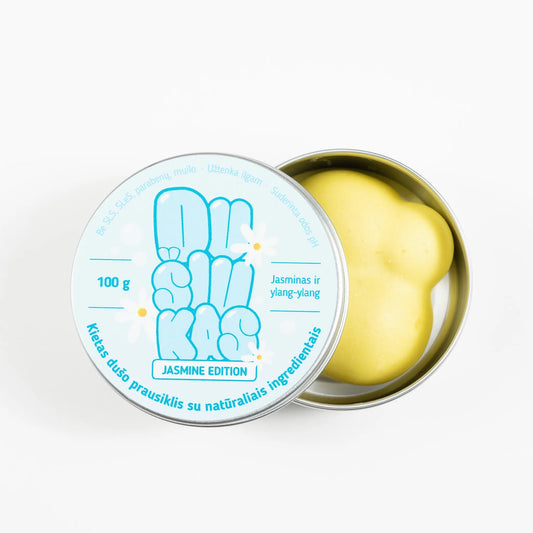Did you know that up to 85% of homes in the US have hard water? That means most people are unknowingly exposing their hair to harmful water every time they shower. Hard water is high in minerals like calcium and magnesium, which can cause dryness, dullness, and even breakage over time. These minerals also reduce the effectiveness of shampoos and conditioners, preventing them from properly cleansing and nourishing your hair. Using filtered water can help prevent this damage and improve the condition of your hair.
In this article, we’ll explore various water filtration solutions and DIY methods that can protect your hair from hard water damage. Whether you’re dealing with brittle hair, faded color, or scalp irritation, we’ll provide practical insights and scientific data to help you make the right hair care decisions.
Types of water filtration systems for showers
Understanding the different water filtration systems is essential to making the best decision for your hair care. Not all filtration systems are created equal – each one works at a different level. Here are the most commonly used shower water filtration systems and their effects.

Carbon filters
Carbon filters are one of the most affordable and widely used water filtration solutions. They work with activated carbon, which absorbs impurities, especially chlorine, which can dry out your hair. But while carbon filters are great at reducing chlorine levels and improving the smell and taste of water, they are less effective at removing minerals found in hard water, such as calcium and magnesium. A 2020 study by the Water Quality Association found that carbon filters can reduce chlorine levels by up to 90% , making them a popular choice for sensitive scalps and color-treated hair.
- Benefits : Inexpensive, easy to install, reduces chlorine levels by up to 90% , which can improve hair condition and reduce scalp irritation.
- Disadvantages : Not very effective at removing minerals such as calcium and magnesium found in hard water, needs to be replaced frequently (every 3-6 months).
Reverse osmosis (RO) systems
Reverse osmosis is one of the most comprehensive water filtration methods, most commonly used for drinking water, but can also be applied to showers. RO systems work by forcing water through a semi-permeable membrane that removes up to 99% of contaminants, including hard water minerals, chlorine, and even heavy metals. While this system provides the cleanest water possible, it is also more expensive and can reduce the water pressure in your shower.
- Benefits : Removes up to 99% of contaminants, including hard water minerals, chlorine and other impurities.
- Disadvantages : Expensive, requires maintenance, can reduce water flow pressure.

Ion exchange filters
Ion exchange filters are specifically designed to soften hard water by replacing calcium and magnesium ions with sodium or potassium ions. This process effectively removes harmful minerals that can make hair dry, brittle, and frizzy. A 2018 study published in the Journal of Water Research found that ion exchange systems can reduce hard water minerals by up to 95% , making them one of the best choices for softening water and protecting hair.
- Benefits : Very effective in softening hard water, removes up to 95% of calcium and magnesium, ideal for dry and color-treated hair care.
- Disadvantages : Can be more expensive, requires periodic maintenance (due to resin regeneration), increases sodium content in water.
Advantages and disadvantages of filtration systems
When choosing a shower water filtration system, it is important to consider the differences in efficiency, cost, and maintenance. The quick comparison chart below will help you decide:
- Carbon filters
- Price : Low
- Efficiency : Good for chlorine removal, limited due to hard water minerals.
- Maintenance : Needs to be replaced every 3-6 months.
- Reverse osmosis systems
- Price : High
- Efficiency : Excellent, removes almost all contaminants, including hard water minerals.
- Maintenance : Average, filter replacement required every 1-2 years.
- Ion exchange filters
- Price : Medium - High
- Efficiency : Excellent for softening hard water, removes calcium and magnesium.
- Maintenance : Low to medium, requires periodic resin regeneration.

DIY solutions to reduce the damage caused by hard water
If you can't afford a filtration system right now, there are a few DIY methods you can use to reduce the damage caused by hard water. These solutions help remove mineral deposits from your hair and are easy to incorporate into your daily hair care routine.
Vinegar rinse
Apple cider vinegar is a great natural remedy for fighting hard water deposits. The acidity of the vinegar helps dissolve calcium and magnesium deposits, restoring hair’s natural softness and shine. A 2020 study in the International Journal of Trichology found that rinsing with vinegar once a week can reduce hard water deposits in hair by 20-30% .
- How it works : Vinegar helps break down mineral deposits on hair, restoring shine and softness.
- Tip : Mix one part apple cider vinegar with two parts water. Apply to hair after shampooing, leave on for 5-10 minutes, and rinse thoroughly.
Lemon juice rinse
Like vinegar, lemon juice is acidic and helps dissolve hard water minerals. It is especially effective at removing scale and improving hair texture. However, use this method with caution, as lemon juice can slightly lighten your hair.
- How it works : Lemon juice neutralizes mineral deposits and restores hair's natural shine.
- Tip : Squeeze the juice of one lemon into a glass of water and pour it on your hair after shampooing. Leave it for 5-10 minutes and rinse.
Clarifying shampoos
Clarifying shampoos are specifically designed to remove product and mineral buildup caused by hard water. Look for shampoos that contain chelating agents, such as EDTA (ethylenediaminetetraacetic acid), which bind to minerals and remove them from the hair structure. A 2019 study found that chelating shampoos reduced mineral buildup on hair by 40-50% after just one use.
- How it works : Chelating agents in shampoos bind to hard water minerals, making them easier to rinse away.
- Tip : Use a clarifying shampoo once a week to remove buildup but not overdry your hair.
Using distilled water for rinsing
For an extra gentle solution, try using distilled water as a final rinse after washing your hair. Distilled water is mineral-free, so it won't clog your hair with additional residue.
- How it works : Distilled water washes away any remaining hard water mineral deposits, leaving hair soft and smooth.
- Tip : After shampooing and conditioning, pour distilled water over your hair to keep it clean and free of residue.

Myth busting or interesting facts
- Myth : "Shower filters are too expensive and not worth buying."
Fact : Many shower filters, such as carbon filters, are very affordable, costing as little as $30-$50 . Studies have shown that filters can improve hair condition by reducing chlorine and mineral deposits, making them a worthwhile investment. - Fun fact : Hard water can make hair 10-15% more prone to breakage due to the coarse mineral deposits that coat the hair cuticles, according to a 2020 study in the Journal of Cosmetic Science .
- Myth : "Soft water will always make my hair frizzy and oily."
Fact : While soft water can leave hair more hydrated, research shows that using the right volumizing products can balance out excess moisture, especially for people with fine hair. - Fun fact : A 2019 survey by the American Water Supply Association revealed that 87% of people noticed improved hair and skin texture within a month of using shower filters to soften water.
- Myth : "Hard water only affects hair, not skin."
Fact : Hard water can dry out skin and even worsen conditions like eczema, as shown by a 2017 study published in The British Journal of Dermatology , which found that hard water increases skin roughness by 20-30% .

Practical tips or solutions
- Install a shower filter : An affordable way to reduce the damage of hard water is to purchase a carbon or ion exchange filter, which can remove up to 95% of harmful minerals.
- Use clarifying shampoos sparingly : Once a week is enough to remove mineral deposits without overdrying your hair. Frequent use can cause dryness.
- Include vinegar rinses : A simple vinegar rinse once a week will help dissolve mineral deposits and restore hair's softness and shine.
- Limit hair washing : Frequent washing of hair with hard water can worsen dryness. Try to wash your hair every 2-3 days to maintain natural oils.
- Test your water quality : Use a water hardness test kit to determine the mineral content of your water. This will help you choose the most appropriate filtration system or treatment method.
Frequently asked questions
Q: How do I know if I have hard water?
A: Signs of hard water include mineral deposits on taps, dry or frizzy hair, and shampoo that doesn't lather well. You can also use a water hardness testing kit.
Q: Do I need an expensive water filtration system for my shower?
A: Not necessarily. Affordable options like carbon filters can still improve water quality, although more advanced systems like reverse osmosis can provide long-term results.
Q: How often should I use a clarifying shampoo if I have hard water?
A: It is recommended to remove mineral deposits once a week without over-drying.
Q: Can soft water make my hair frizzy?
A: Yes, soft water can leave your hair overly hydrated, but using the right styling products can add volume and body.
Q: What is the best DIY remedy for hard water damage?
A: Apple cider vinegar rinses are one of the most effective and inexpensive ways to dissolve hard water scale.

Conclusion: The importance of water filtration solutions for long-term hair health
If hard water is damaging your hair, investing in a water filtration system can make a big difference. Whether you opt for a carbon filter, ion exchange system, or reverse osmosis, filtering your shower water can significantly improve the texture, shine, and health of your hair. For those who aren’t ready to invest in a filter, simple DIY solutions like vinegar rinses or clarifying shampoos can help reduce the effects of hard water. Whichever direction you choose, improving your water quality is an important step toward maintaining healthy, beautiful hair in the long run.













